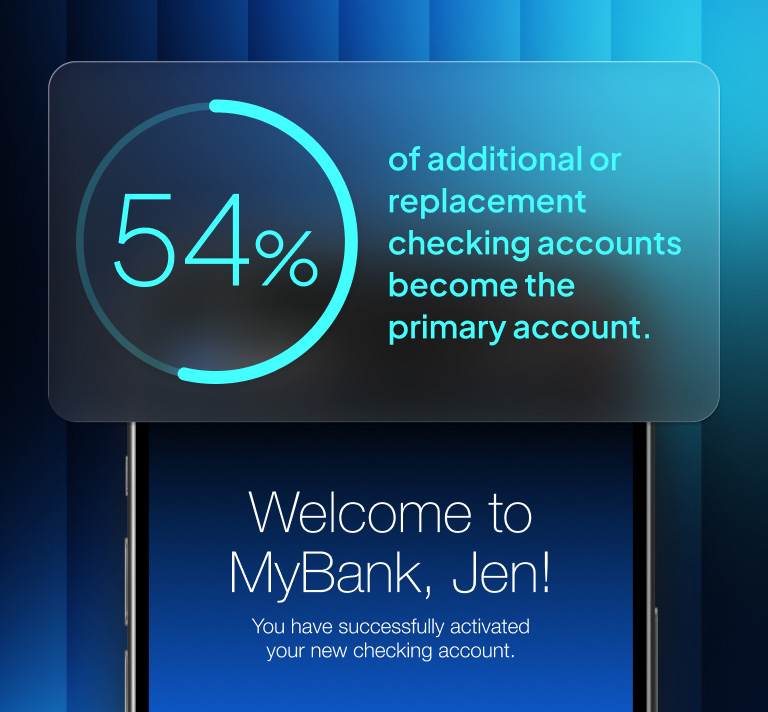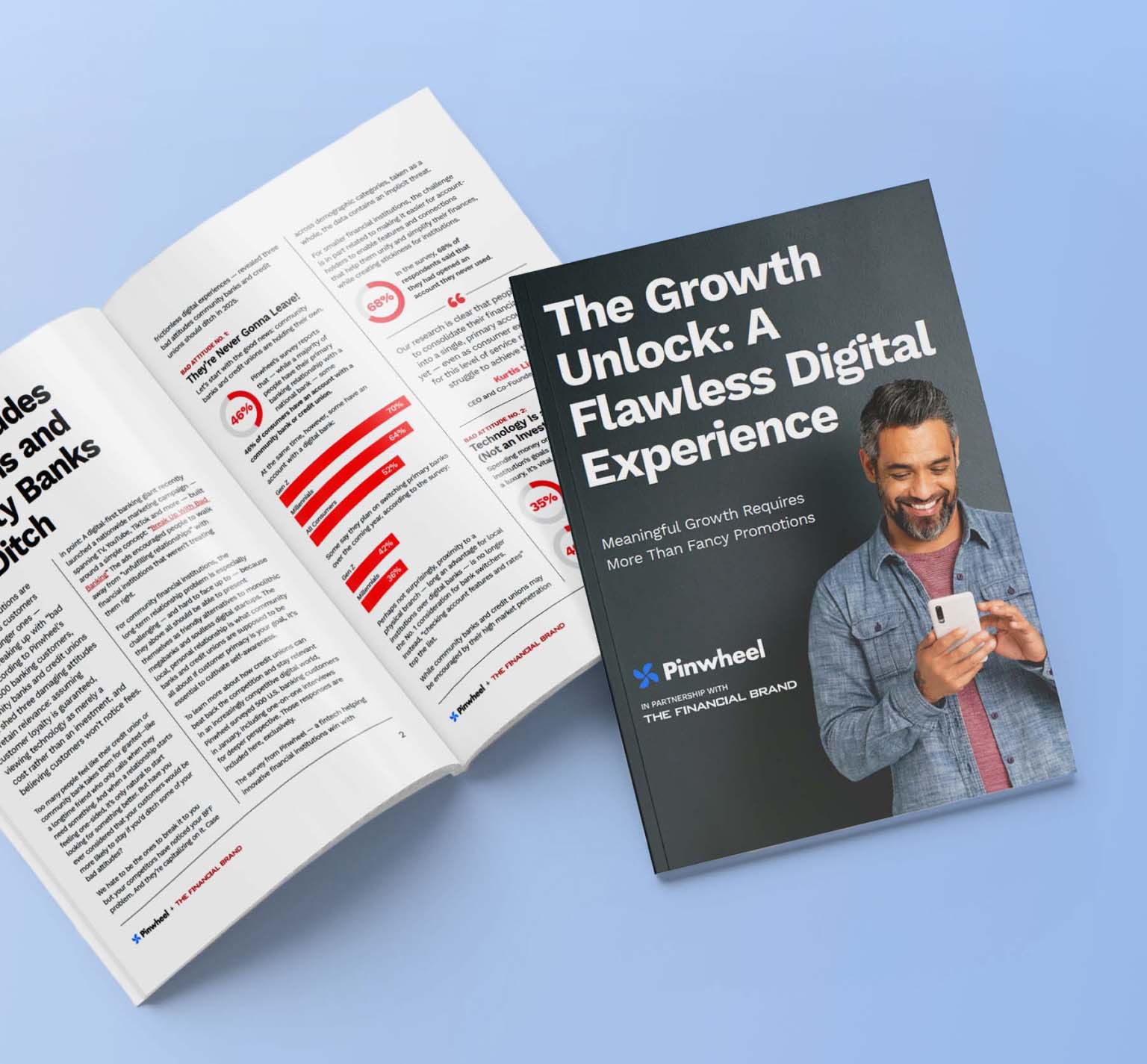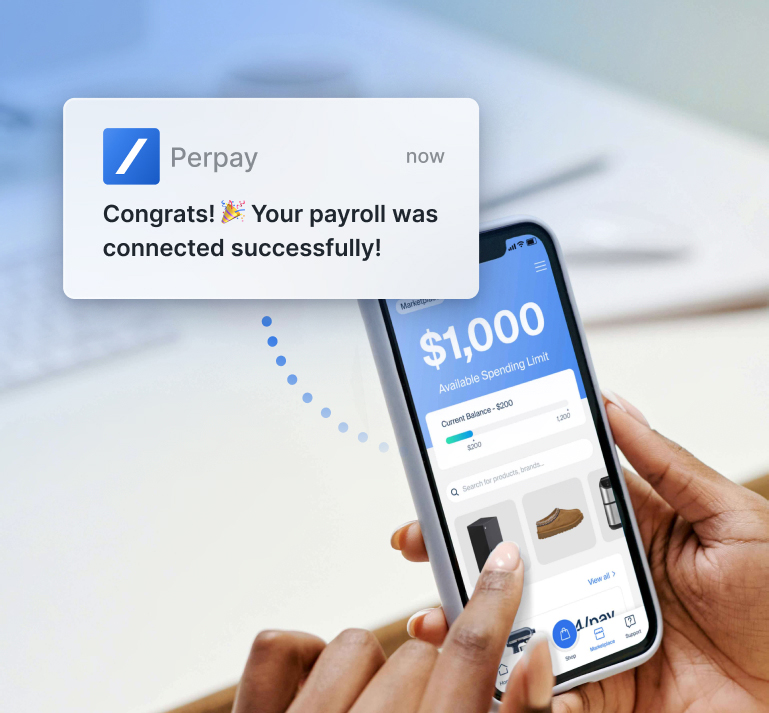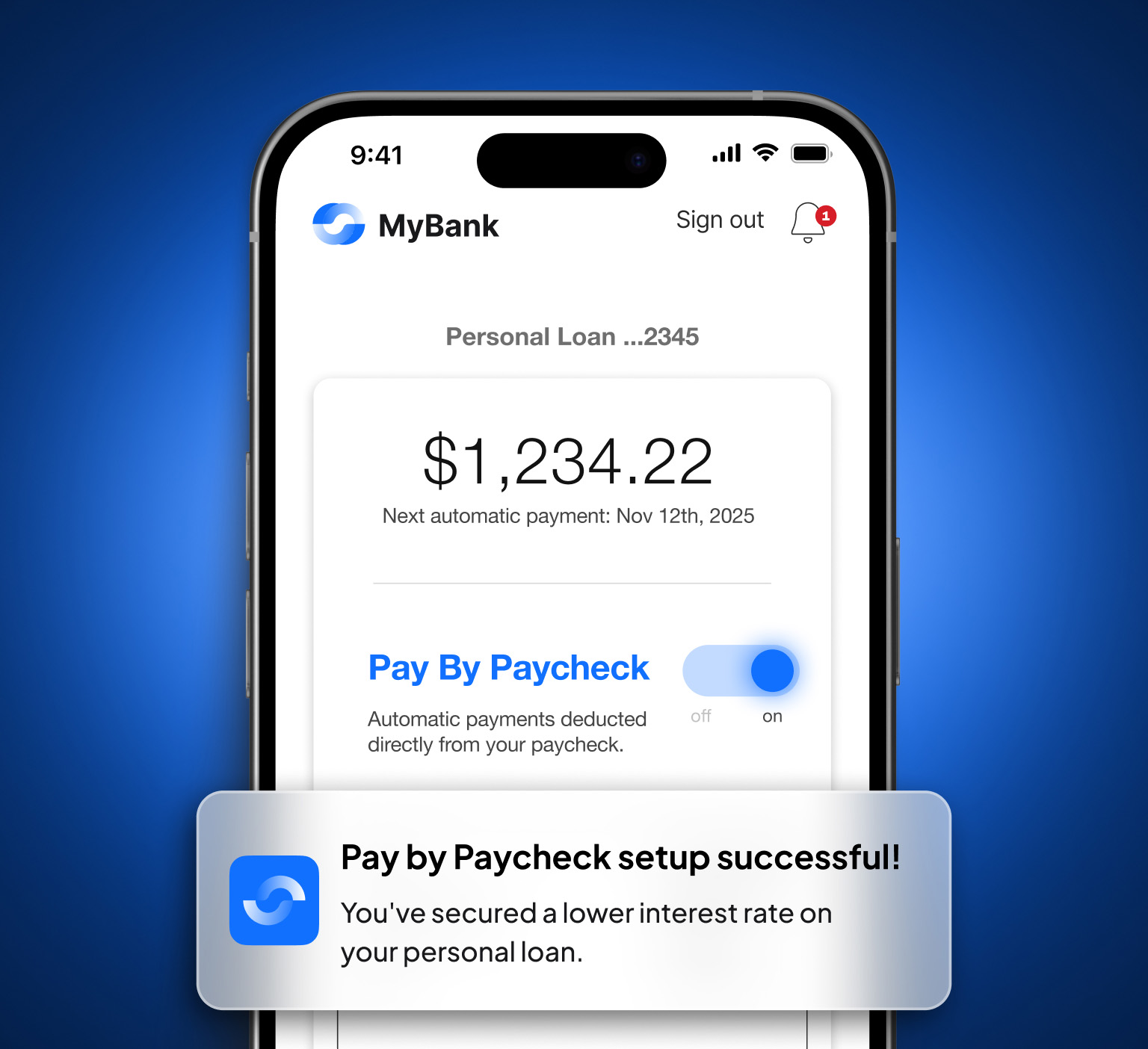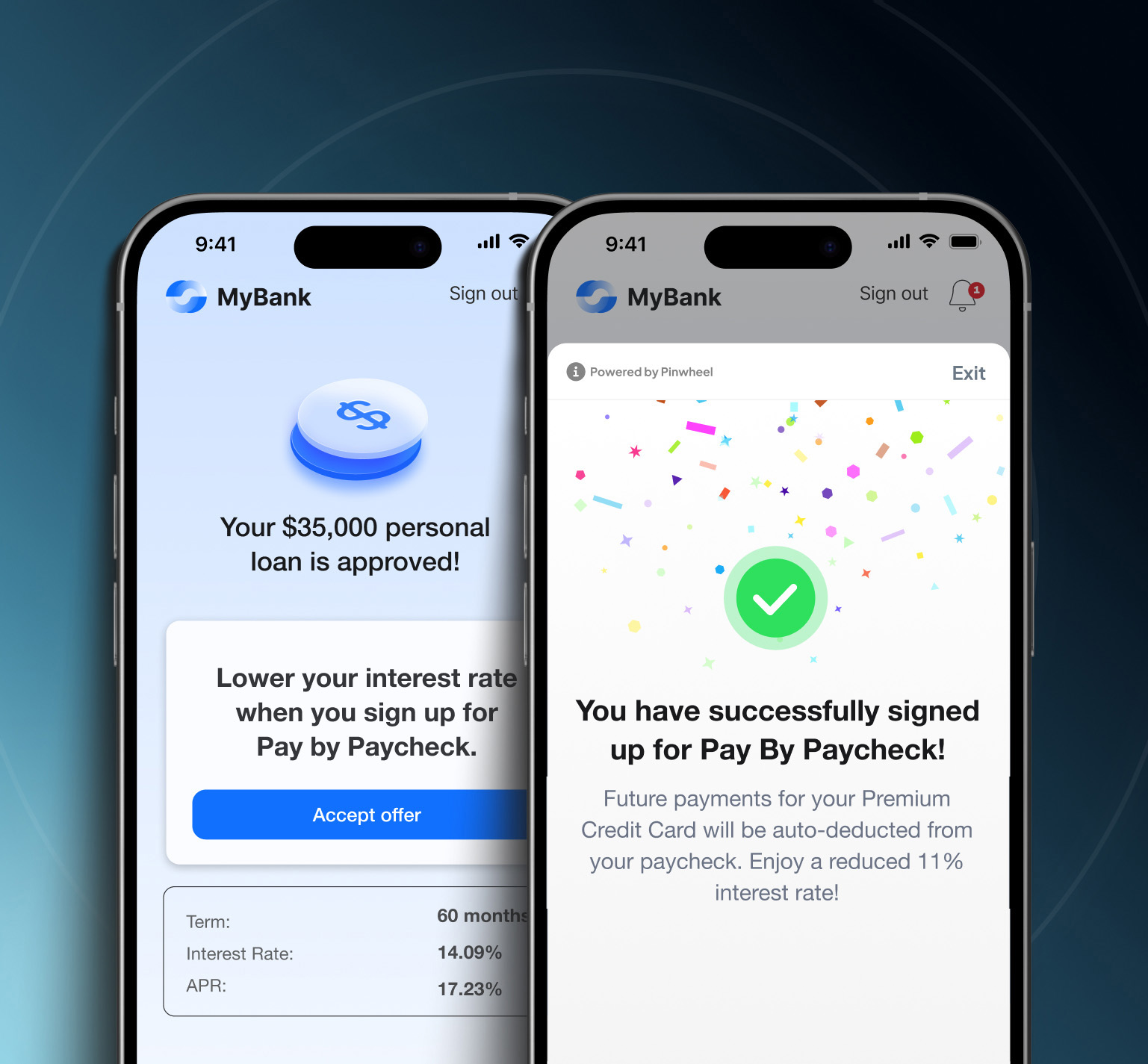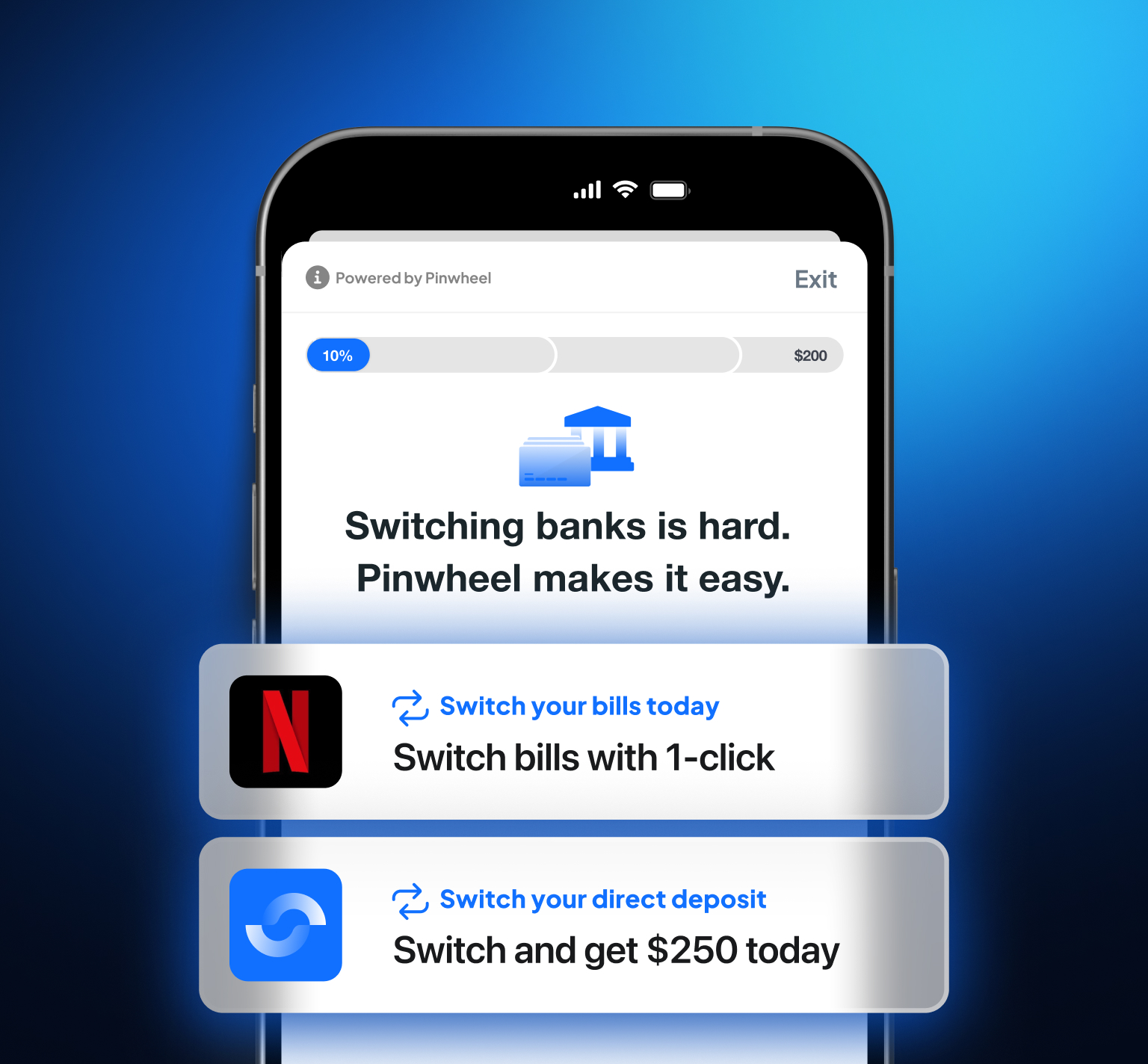Are credit scores missing the point?
Despite the lip service in banking pledging fairness and equity, systemic issues can allow discrimination in extending credit to surface in unexpected ways. One glaring example is the industry’s struggle to underwrite those who have non-traditional career histories or those who make their living through self employment or the gig economy. Whether they need to produce two years’ worth of tax returns or a specific credit score, many financially secure Americans still struggle to present the “right” paperwork. As a result, banks cannot deliver an optimal experience for:
- Those either new to the country or new to credit, especially recent immigrants.
- People with recent career changes who cannot provide two years of history at their current earning level.
- Younger Millennials or “Gen Z” customers, who have limited credit and earnings history, but are poised to ascend credit tiers faster than their elders.
- Those with mixed or inconsistent income sources such as gigs, alimony or federal benefits.
The Consumer Financial Protection Bureau (CFPB) recently found that 11% of Americans have a “thin or stale” credit file, making it impossible to generate a valid FICO ® credit score for them. Another 11% are designated as "credit invisible," lacking a credit file with any of the three major credit bureaus. One bureau, Experian, estimates that 62 million Americans have a thin credit file. These statistics paint a picture of one-quarter to one-fifth of Americans facing a difficult path to credit, strewn with obstacles and undue struggles. Instead of receiving credit on their own merits, they are forced to put up huge capital, enlist a cosigner, or accept a less desirable rate to access the same benefits.
Even the financially fortunate struggle
The start-up founder, Kristy Kim, recalls her discomfort at buying a car in cash after she was rejected as a candidate for financing. Her lack of a credit score irrationally cast a shadow of doubt over her financial health. Regardless of any paperwork Kristy worked to produce, there was no way to overcome this gap, not even with her lucrative job and otherwise impeccable credentials.
Recently, Suretys Director Jeremy Steben personally stumbled into the “cosigning conundrum” a negative trend that his firm has been publishing about concerning millennial rental applicants. Drawing confidence from his “decent credit score,” six months of pay stubs, and steady salary, he confidently applied for an auto loan when purchasing his new car. Jeremy was “completely floored,” not to mention “dejected and embarrassed,” when his standalone application was rejected and Jeremy was informed his car purchase would require a cosigner.
Kristy and Jeremy had both become part of the statistic. Even for those fortunate enough to have thriving, up and coming careers, several years of positive credit history, and predictably strong earnings trajectories, our antiquated credit score process is inflexible and lacks dimension.
This issue also creates housing hardships for young people getting started on their own, or families having recently immigrated. “Thin files” in metro locations like New York City have almost no chance of qualifying for a standard rental apartment under the stringent criteria in practice today. Most NYC apartments for new residents are executed with either pre-payment, requiring a new renter to put down as much as a year’s rent in advance, or a cosigner parent with an excellent credit score, neither of which is realistic for many in need of rental agreements.
Income is the best determinant of ability to pay
To better serve those with little or nontraditional credit histories, banks need to look beyond the credit score for alternative, yet ironically much more straightforward evidence of creditworthiness. “Nimble lenders may seek other data sources to understand an applicant’s financial health” such as employment and income, says David Snitkof, SVP of Growth at Ocrulus. The move to income-based underwriting is a smarter way to manage risk across all customer types, since income directly determines one’s ability to repay. We’ve been overly reliant on credit scores, which are better at determining willingness over ability to repay. Tom O’Neill, Senior Risk Advisor at Equifax, applauds the possibilities of consumer-permissioned income and employment verification data for its role in “expanding the viable credit universe beyond the traditional credit file.”
Pinwheel was founded in 2018 to create a fairer financial system with more equitable access to banking and credit, more transparency for banks and customers, and better insights for informed decisions. Rather than placing the burden on applicants to produce paperwork or accept a subpar rate, Pinwheel’s Verify tool sources real-time data directly from payment platforms. The process of verifying employment and income – critical pieces of the credit puzzle —becomes fast and frictionless, opening the way to opportunity. Pinwheel is also the first payroll data connectivity provider designated as a Consumer Reporting Agency (CRA).



.svg)
.svg)






